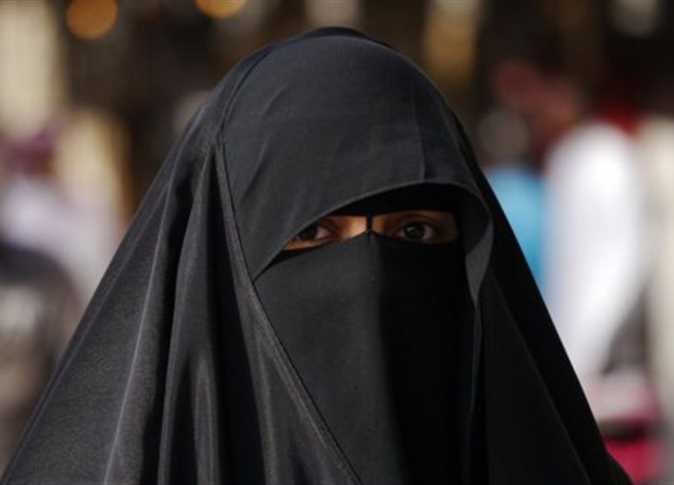
A wide number of parliamentarians in Egypt’s House of Representatives rejected a draft law to ban wearing the niqab (face cover) in government institutions, submitted by MP Ghada Agamy to the General Committee of the Parliament for discussion.
Common objections were that the ban violates public freedoms, and that it may lead to further divisions and strife in Egyptian society.
Almost all MPs had reservations about the bill, which they voiced in a joint WhatsApp group, according to MP Mohamed Abu Hamed, Undersecretary of the parliament’s Social Solidarity Committee. He added that the bill would entail a complete ban of the niqab, and includes articles which collide with religious institutions and public freedoms, and violate Egypt’s constitution.
Abu Hamed instead suggested that the government issue a decision to ban the niqab on employees in government agencies. He told Al-Masry Al-Youm that one of the Civil Service Law’s articles stipulates the right of each government authority to determine the appropriate uniform for its employees, which means that the government already has the legal right to ban the niqab for its workers, without the need to issue a new law specifically.
He added that he had submitted a proposal two weeks ago to the parliament’s Proposals and Complaints Committee, in which he demanded that the prime minister issues a decision to ban the niqab inside government institutions, including schools and universities. He pointed out that the Administrative Court had previously upheld the decision of former President of Cairo University Gaber Nassar, banning the niqab during university lectures.
The parliament’s Religious Committee has not yet received the draft law, head of the parliament’s Religious Committee and member of the Islamic Research Complex Ossama al-Abd said.
Once the committee receives the bill, it will be sent to Al-Azhar Grand Sheikh and Dar al-Iftaa for discussion, Abd continued. They will submit Al-Azhar’s opinion to the parliament.
The niqab is not obligatory in Islam, unlike the hijab, Abd claimed, which is. “Still, we should not confine people, provoke strife and divide society.”
Nour Party would reject the bill once it is put up for discussion in the parliament, a source in the Salafi-led Nour Party said upon anonymity, adding that the bill would provoke sedition in the population.
Last week, MP Ghada Agamy proposed a bill to the House of Representatives banning the wearing of niqab in public places, and suggested a fine of LE 1,000 for those who disobey. In the case of repeated violations, the fine would double.
The draft law proposed by Agamy stipulates that all workers in public places would be visibly prohibited from wearing the niqab, through a publication attached to the bulletin board, or in places visible to everyone.
Edited translation from Al-Masry Al-Youm.



